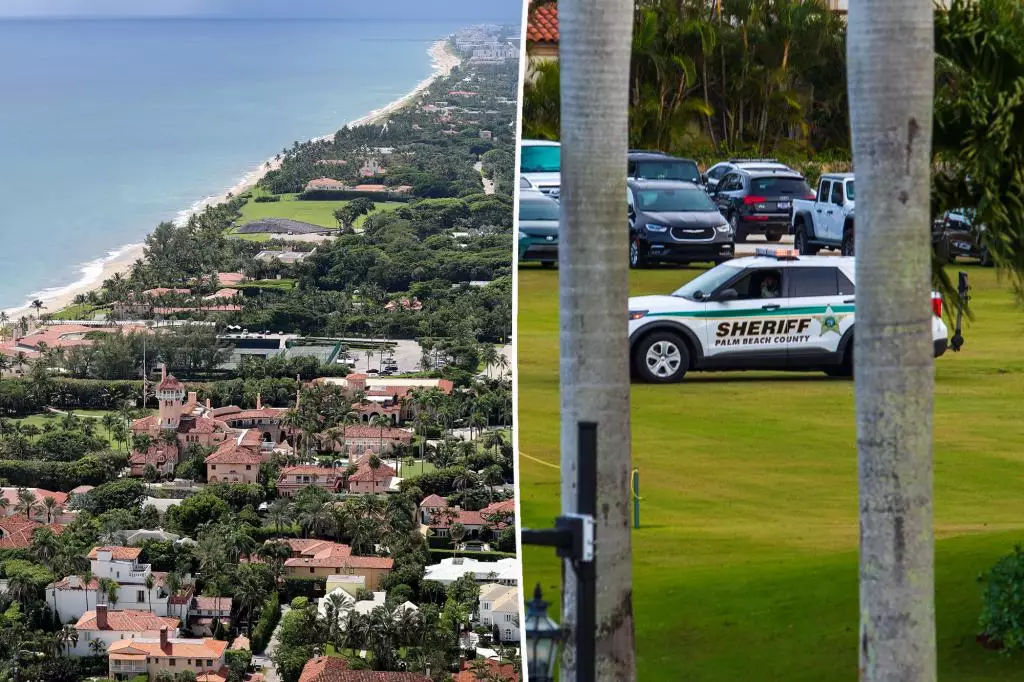In recent times, Palm Beach, Florida, has become synonymous with wealth, luxury, and exclusivity, particularly following the attention drawn by Donald Trump’s presidency. The influx of multimillion-dollar real estate transactions often referred to as the “Trump bump,” appears to have brought about an unexpected ripple effect: a spike in crime. While it’s not uncommon for affluent areas to become targets for crime due to their wealth, the unique dynamics at play in this particular locale are pressing residents to reconsider their security measures.
Local law enforcement agencies have issued discreet yet alarming warnings to the Palm Beach community. Residents are reportedly advised to secure their homes and vehicles with heightened vigilance, particularly to prevent upcoming opportunistic crimes. These warnings include reminders to avoid leaving valuables in cars, a luxury many residents previously afforded themselves, given the typically safe environment. This shift in mentality is indicative of a broader concern; the once tranquil atmosphere now feels tainted by the presence of crime that has been deemed more prevalent following the influx of wealth.
Acknowledging the rise in crime, affluent households are turned to bolstering their security. Reports indicate a notable increase in the hiring of private security personnel, a shift prompted by high-profile events like the shooting of a prominent CEO. This new wave of private security isn’t just local; armed security teams are being sourced from as far as New York and California, demonstrating the serious nature of these security threats in Florida, where resources are reportedly stretched thin.
In the backdrop of this transformation lies Mar-a-Lago, Trump’s privileged enclave that has adopted stringent security protocols. Getting to the club involves navigating significant security measures, including multiple checkpoints, extensive vehicle inspections, and the presence of high-tech surveillance systems. This environment starkly contrasts Palm Beach’s earlier, more relaxed approach to security, where leaving doors unlocked was not uncommon.
The increase in security protocols at places like Mar-a-Lago is reflective of an overall cultural shift towards increased alertness against crimes in the region. While this adjustment may help alleviate fears, it also signals a more profound societal concern over safety in a once-sacrosanct space reserved for the elite. The additional presence of advanced technology, including robotic patrols, raises questions about the balance between luxury living and invasion of privacy.
Ongoing reports highlight alarming statistics that precede these transformations, as West Palm Beach, the neighboring urban area, grapples with its own unique security challenges. Residents of Palm Beach find themselves navigating a new reality where affluence may no longer guarantee safety. The once tranquil waters of Palm Beach have become a landscape rife with caution and concern, where the serenity of wealth is clouded by the realities of crime.
The so-called “Trump bump” has led Palm Beach into an era where safety is a growing concern, prompting residents to rethink their accustomed sense of security. The blend of affluence and insecurity in the area is a microcosm of a broader societal issue, where wealth increasingly meets vulnerability, forcing residents into a state of heightened awareness and protective measures.

